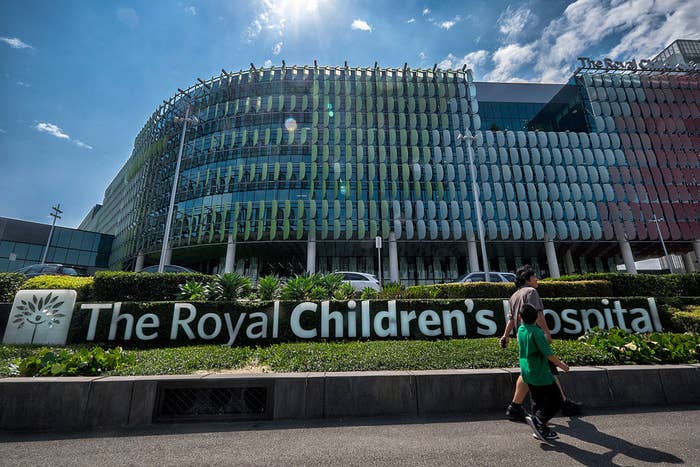Among the many stories Gold Coast doctor Stuart Aitken has been told by transgender patients, a few stand out.
One patient came to him after seeing a doctor who did not take the patient's gender identity seriously, and ejected them from the room.
"He told [the patient] they were mentally ill, and quoted from a religious text," Aitken said.
Aitken, who is one of few Queensland doctors specialising in transgender health, said discrimination against transgender patients occurred regularly.
After their traumatic experience, the aforementioned patient was so nervous about returning to a doctor they went "underground".
"They disappeared from medical care, became suicidal and had a suicide attempt," Aitken said. "They took some months to pluck up the courage to go back and see a GP, who referred them onto me."

A sexual health conference run by the Royal Australasian College of Physicians (RACP) in Sydney on Saturday will feature a panel on treating young transgender people. Aitken is on the panel, along with fellow transgender health experts and a young trans person.
"There's a real hunger for learning more about not just transgender medicine, but also how to make patients more welcome in practices," he said.
"How are people received at the front desk? Is their identified gender going to be respected? Will they use the right pronouns, right names?
"Doctors don't need to be gender experts by any stretch of the imagination. But there are a lot of easy, sensible things that they can do."
For instance, he said, clear guidelines on referring transgender people to relevant experts would be a significant improvement.

An article on treating young transgender people will also appear in the next edition of the RACP's quarterly magazine, published later this month.
It outlines the diagnostic process and treatment for transgender children: monitoring until the onset of puberty, and then, if the gender dysphoria has remained "insistent, consistent and persistent" into adolescence, prescribing puberty blockers.
The stage after that is cross-sex hormones, which currently can only be accessed by Australian teenagers through the Family Court.
Aitken said that with a proper assessment process in place the chance of a young person changing their mind about their gender identity after transitioning is low.
He criticised the "hysteria" around anti-bullying programs such as the Safe Schools Coalition as "unproductive and harmful to transgender children".
"Safe Schools [has been] absolutely trashed by people who have a very poor concept of what the issues are. Variance in gender expression is not the end of the world. Our social reaction to it is way out of proportion."
If you or someone you know needs help, contact Lifeline on 13 11 14 or visit Lifeline.org.au.
